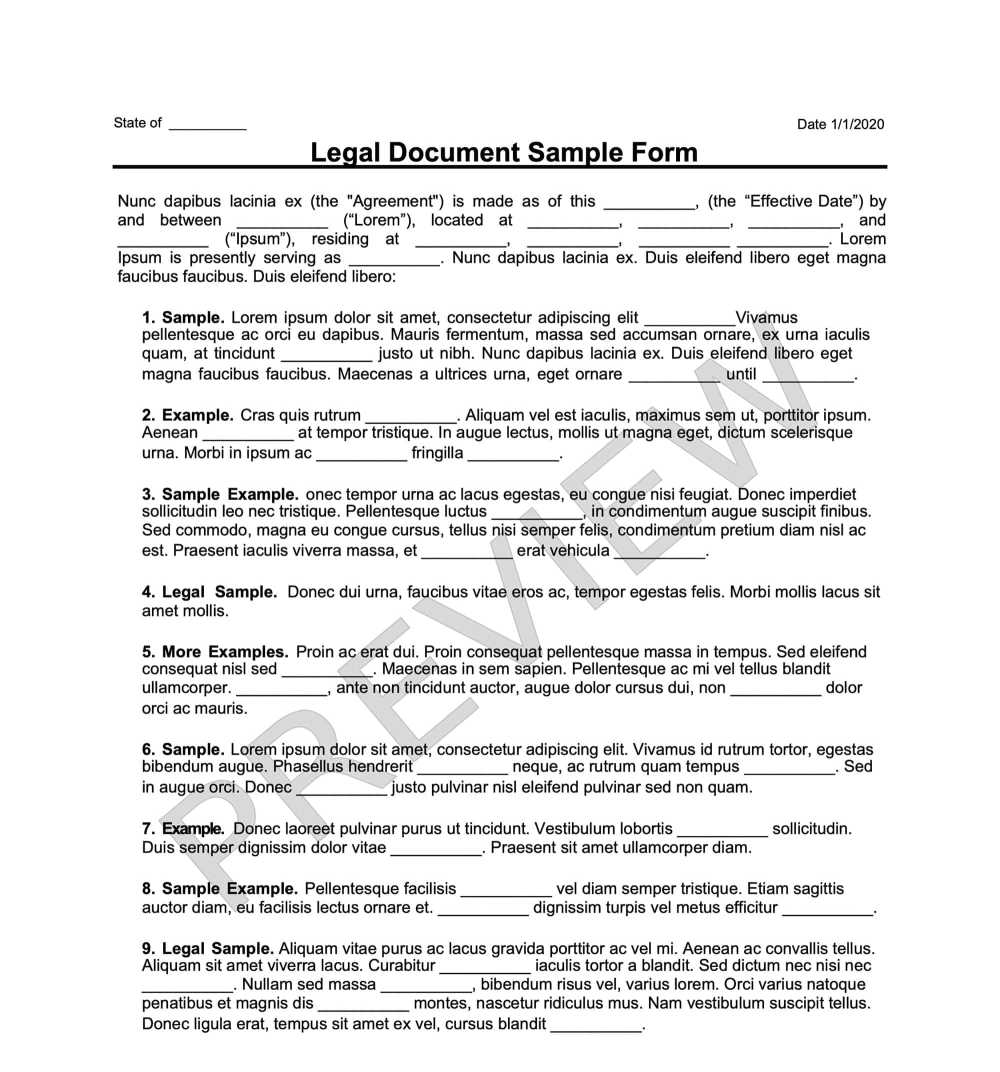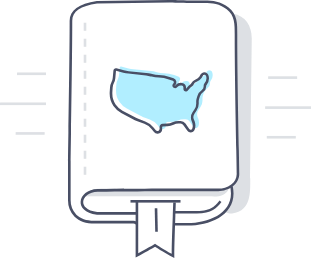Personal Financial Statement
A Personal Financial Statement is a form that details your finances and can be used in various legal proceedings and also for seeking a loan from the bank.


Frequently Asked Questions
First, you do not have to have a Personal Financial Statement unless it’s needed. If requested by a court, you might have to appear in court and answer questions in place of a properly executed Personal Financial Statement. At which point, you'd have to recite your assets, liabilities, and all sources of income. But it is also possible for a court to assign your income, which is rarely a good thing.
A resounding yes, as you’re swearing to the accuracy of everything in your financial statement. In a court proceeding, you could face perjury charges for any inaccuracy that may result in civil or criminal charges. Lying on your Personal Financial Statement can and will be discovered. In the case of child support determination, additional penalties may be incurred.
Yes, you can always update your Personal Financial Statement. If you recall a relevant detail that you forgot to include, you can ask your attorney to add an annex to the statement. In a family court proceeding, you'll be required to update to your financial situation periodically, such as to update your child support liability. And in a divorce proceeding, if legal expenses affect your assets significantly to the negative, the court would take that into account.
An income verification letter is requested of your employer for forwarding to an entity for the purpose of disclosing your annual income and employment status. A prospective landlord or lender may request such a letter, for example. Unlike a Personal Financial Statement, it's not a testimony and it doesn't include your personal assets and liabilities.




